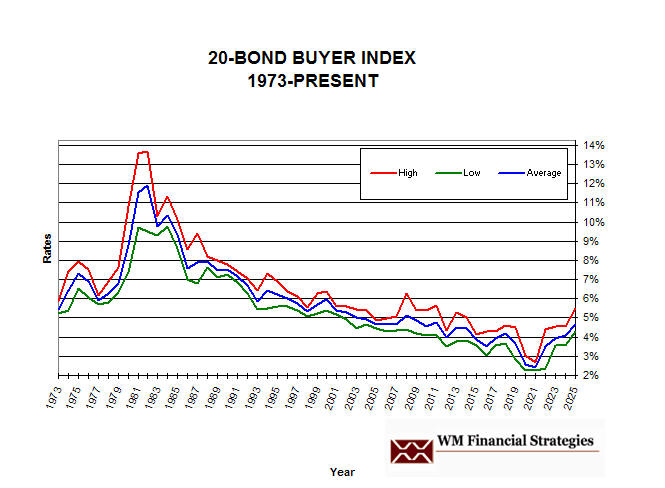It looks like you're new here. If you want to get involved, click one of these buttons!
You may mean for those over 59½, i.e. for those not subject to early withdrawal penalties. It doesn't matter whether one is subject to RMDs or not.For those taking RMD's, one could take $5K more at end of year & have all forwarded to IRS as tax payment. Then it is received back as a refund .

Done, thanks!!@wxman123, use the "Link" feature of PV to post PV results.
Interesting....
@wxman123, @Level5...do you think that RPIEX bumped up due to possibly (I have no idea) that the fund mgr has nasdax puts on (see latest portfolio holdings)...and some global sovereigns might be doing well as some are anticipating/seeing? the mucho debasement of the US dollar and possiblity of the Dollar no longer being the world's reserve currency as the sanctions on Russia backfire...after all, isn't the rational way to think about this that after the spike in interest rates we're going to go right back to QE ad infinimum as the markets go splat? Maybe a real good fund pick here, dunno.
I don't know, but the manager has shown skill, that is for certain. Check out the drawdowns on this chart from PV, Nov 30, 2021, now that is active management with results! (If chart does not populate just plug in RPIEX and BND.)
https://www.portfoliovisualizer.com/fund-performance?s=y&symbol=RPIEX&benchmark=BND
New Principal Investment Strategies of M&P Growth Fund: [Why bother? It is the same, verbatim.]The Fund invests primarily in U.S. common stocks. In selecting securities for the Fund, the Fund’s investment adviser, Mairs & Power, Inc. (the Adviser), gives preference to companies that
exhibit the potential for above-average growth and durable competitive advantages at
reasonable valuations. In the Adviser’s experience, these securities typically have strong returns on invested capital. The Adviser follows a multi-cap approach and the Fund invests in stocks of small-cap, mid-cap and large-cap companies. The Adviser focuses generally on companies located in Minnesota and other states in the Upper Midwest region of the U.S. (which the Adviser considers to be the states of Illinois, Iowa, Minnesota, North Dakota, South Dakota and Wisconsin).
With year-end distribution, it is often not easy to estimate how much to “overpay” the additional $5K.. Also why Jan 15th and not say Dec 15th for 2022 tax reporting? Please advise. Thanks.One can eek out another $5K in savings bond purchases by overpaying on one's Jan 15th tax estimate. Add enough to create a $5K refund to buy the bonds.
Used to be you had to go to a major league baseball game to get "sticker shock"..."how much you want for that beer, $12 bucks? Huh?" Now you walk into the grocery store to Rono's point...and you get the same kind of sticker shock...the "huh, that costs that much" thought.
Really feel for those who are on a limited budget and have kids at home to feed.
What a mess! This would be a real good time to those of us who have had financial success in life to maybe buy an extra week or two's worth of groceries and donate to their local food bank.
Good Luck to ALL,
Baseball Fan
I have been looking at non-Vanguard funds available at Vanguard and for the past two days, when I try to get T. Rowe Price funds to populate, I get this message:
"The information you've requested is temporarily unavailable. Please try again later."
I wonder if this is another one of Vanguard's technical glitches or there is something else going on. It does not seem like the former because there is not a problem getting other fund family funds to populate.
https://personal.vanguard.com/us/funds/other/bytype?FundFamilyId=31698
Nice choices.Added to positions:
FSENX - Fidelity Select Energy
FSAGX - Fidelity Select Gold
FARMX - Fidelity Agricultural Productivity
© 2015 Mutual Fund Observer. All rights reserved.
© 2015 Mutual Fund Observer. All rights reserved. Powered by Vanilla